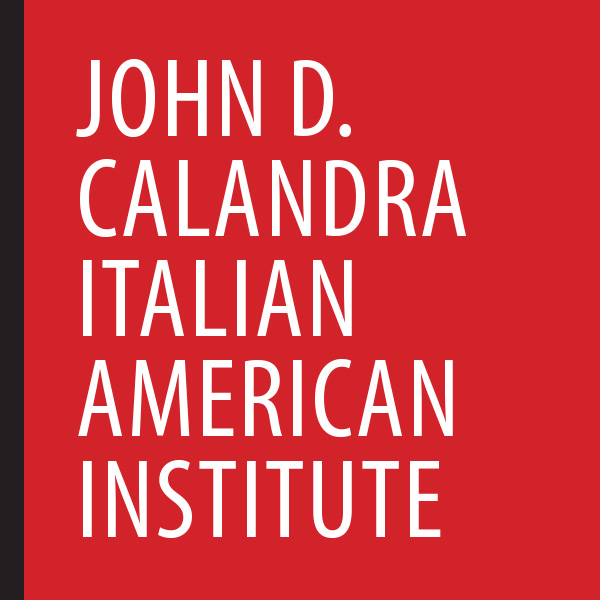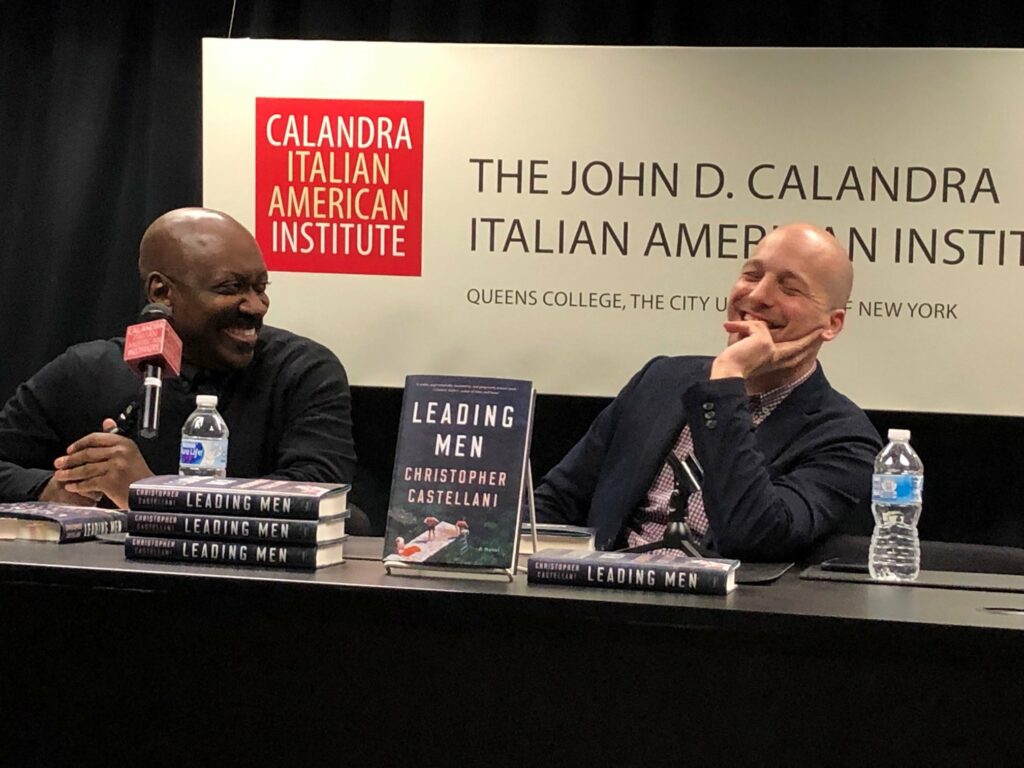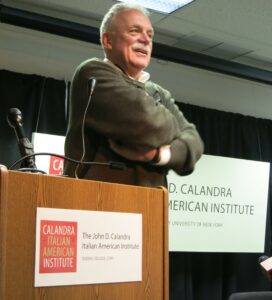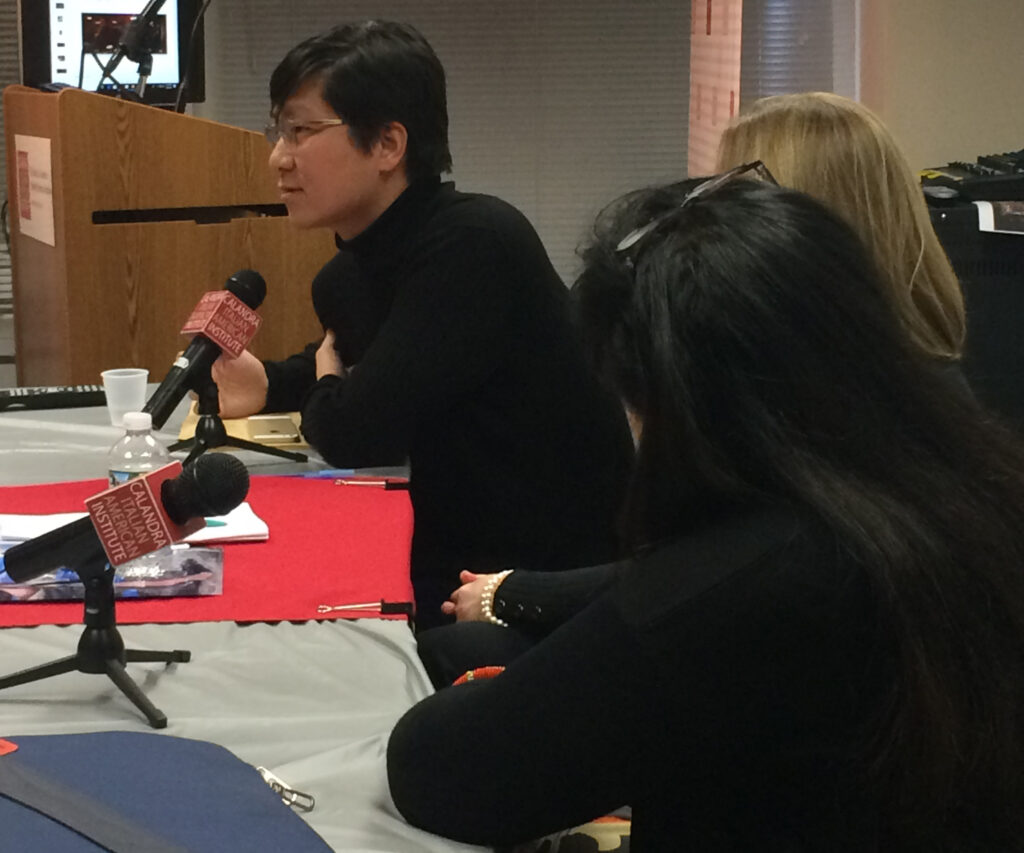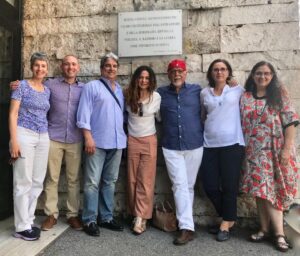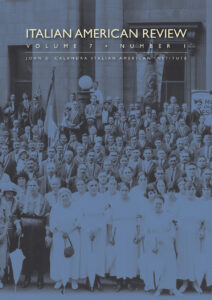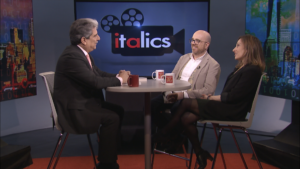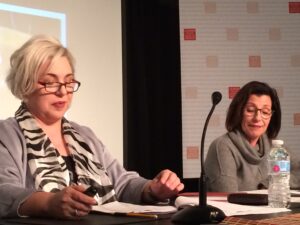Together with a theoretical introduction, this volume presents five examples of “Italian/American” fiction writers and poets who live overseas—in our case the United States—and are part of what some have called “Italian literature” of the Italian diaspora. The five writers are representative of this long tradition of writing in Italian in the United States. As Tamburri argues in the first chapter, the notion of the “Italian” writer might benefit from a theoretical-methodological revision that concerns not so much the creative as the critical perspective. One should, as Tamburri states herein, abandon the need for a geographical notion as a decisive point for what is or is not “Italian literature” in order to recognize, to the contrary, the existence of a poly-linguistic aspect of the world of Italian Americans, which has given rise to a remarkably significant literary production in the language of Dante.
Buy the book here.
